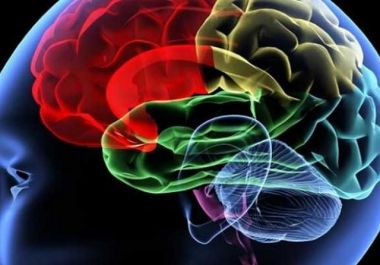'Neuroscience bombshell': Human brain can store memories as extensively as the entire Internet

Human beings nowadays are dependent on mobile phones and the Internet for almost everything: organising their tasks, sending messages, and even which roads to take.
Here's one scientific fact that may come as a surprise to technology-dependent individuals: the human brain is more powerful in storing memories than mobile phones and has the storage capacity of almost the entire Internet.
Researchers from the Salk Institute for Biological Studies in California in the United States recently discovered that the entire human brain has the capacity to store a petabyte of data, or equivalent to 62,500 iPhones.
This stunning memory capacity is also equivalent to about 4.7 billion books, and is 10 times more memories than scientists previously thought.
Terry Sejnowski, one of the researchers on the study published on eLife, explained that these findings can change how scientists view the human brain.
"This is a real bombshell in the field of neuroscience. Our new measurements of the brain's memory capacity increase conservative estimates by a factor of 10 to at least a petabyte, in the same ballpark as the World Wide Web," Sejnowski said in an article in The International Business Times.
The researchers reached these conclusions after closely studying the storage capacity of synapses, or the connections in the human brain responsible for storing memories.
The most significant finding of the study is the process by which synapses duplicate themselves every 10 percent of the time neurons passed information through them. Using this information, they started measuring these brain connections, which earlier had only been classified as small, medium and large.
According to the researchers, there were as many as 26 different sizes of synapse – way more than earlier estimated by scientists.
Tom Bartol, scientist at Salk, called this finding "a curveball from nature."
"Our data suggests there are 10 times more discrete sizes of synapses than previously thought," Bartol also told The IB Times.
"In computer terms, 26 sizes of synapses correspond to about 4.7 'bits' of information. Previously, it was thought that the brain was capable of just one to two bits for short and long memory storage in the hippocampus," he added.











